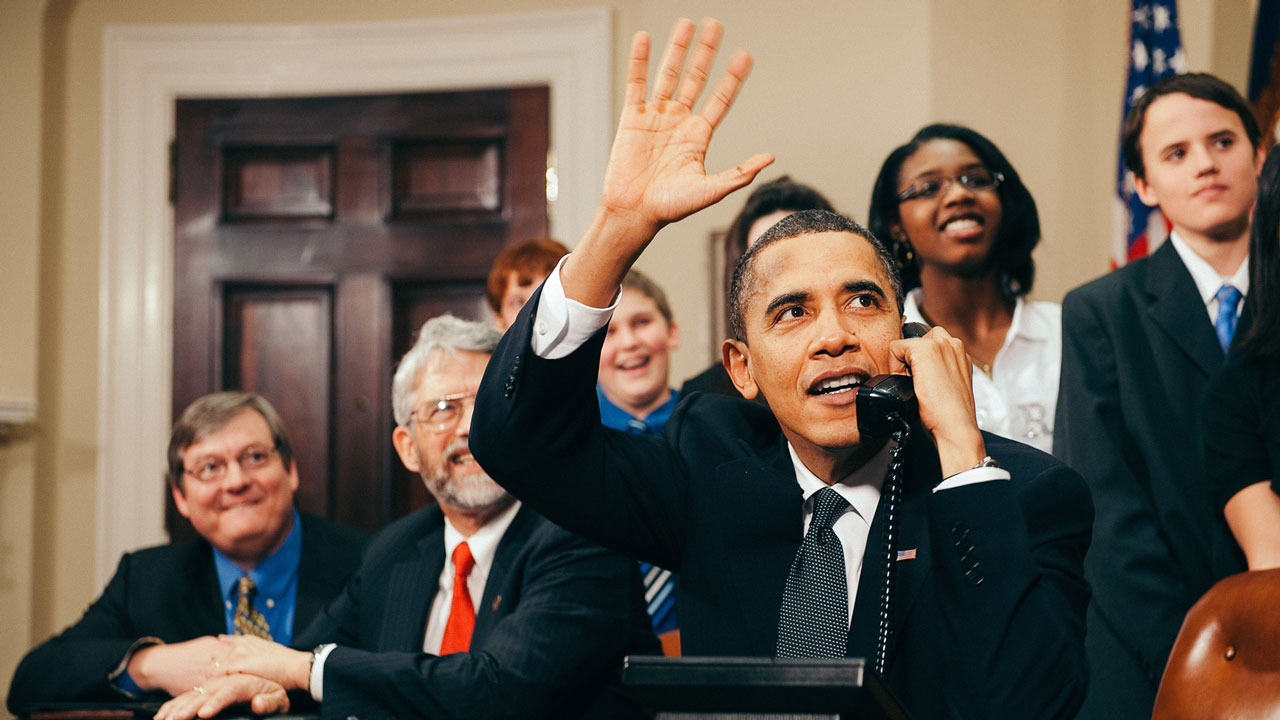Written by Elleni Paulson and Kate Dmytrenko
Article Takeaways
- Never, ever deviate from your tried and tested tone and approach to social. Even when times get tough, or just plain strange.
- Don’t jump in for the sake of it. Things could go sour.
- Make sure you know where your ad spend appears and make sure you’re not accidentally advertising on an outlet or a platform that espouses values or viewpoints your brand doesn’t.
To say that social media was highly influential in the last presidential election is an understatement. No matter what you’re hoping for in the 2020 election, social media will continue to have a profound impact on the next national election cycle. The upcoming barrage of content, ads, and controversy will most likely affect brand marketing on social media, even if your brand doesn’t have a political stance.
Despite the predicted uptick in social media activity, brands will be expected to stay visible and relevant on the social platforms where they connect with consumers. As a social media manager, you will want to understand how your brand interacts with its social media following. When can you engage with comments or issues? When is it best to step back? Managers should also be aware of issues that may arise when election season heats up. Here are four things brand managers should keep in mind as they plan social media content, activations and community management practices for the 2020 election season.
Be authentic to what your brand has always been
If your brand or company has historically taken a strong stance on a political issue or has been vocal in politically motivated conversations, don’t sit out during the election season. This is especially true if you know a vast majority of your fan base aligns with your views (and are likely your customers because you share their values). Consumers will be paying attention to how brands react throughout the election cycle and will expect brands that have previously taken a stance to continue doing so as specific platforms are promoted or attacked.
On the flip side, if your brand has shied away from political commentary in the past, this is not the time to jump in blindly. If you’re interested in being part of the conversation, it will require thoughtful, strategic planning in identifying your core company values. As a brand manager, you must also decide if you have the authenticity to wade into the election and political discussions. Go in with the understanding that if you take a stance, no matter the side or the issue, you will anger or incite someone who will likely be vocal about it. Be prepared with talking points and responses that have been reviewed by multiple people of different backgrounds throughout your organization well ahead of time.
Know where your brand shows up
Brand safety on social media and online should be a priority during election 2020. Make sure you know where your ad spend appears and make sure you’re not accidentally advertising on an outlet or a platform that espouses values or viewpoints your brand doesn’t. There are social accounts dedicated to watching out for when brands advertise on contentious or polarizing mediums. These accounts then run boycott campaigns and indiscriminately loop in any and all brands that show their logos on those mediums, calling them out as supporters of these platforms. On social media, this might mean excluding the Facebook Audience Networks option of paid ads, along with excluding radical terminology or politically charged interests or outlets from your targeting. This diligence will save you unnecessary headaches and damage control in the long run.
Understand the volume of the conversation
Social media activity will be heightened during the election season. As a result, social feeds will be busier than ever and your cost per result for paid ads will be higher than usual. It will cost more to reach your audience effectively, and audience engagement will likely be lower than usual because audiences will have much more content to engage with. In fact, some people may avoid social media altogether during this time, which can also affect engagement rates. Of course, the world keeps spinning outside of politics, so don’t let this outcome deter you from posting or boosting content. However, you may want to adjust your reporting benchmarks for this time period, or at least keep the political landscape in mind as a potential factor in ad performance.
Understand regulatory changes on social channels
During this election period, people advocating for stricter regulation, privacy or content censorship on these platforms will likely become more concerted in their push for change. Twitter has banned political advertising (but continues to define “political advertising”) while Facebook has doubled down on keeping it. Keep this in mind as you use all platforms, and watch for changes in how your content is performing with your audience. Performance changes may be an indicator of shifts in algorithms. Most platforms will also notify you of upcoming changes; keep an eye out for these so you can adjust your processes accordingly.
Regardless of whether your brand dives into politics during the upcoming election season, your social media strategy and activity should reflect, communicate and reinforce your brand’s values. Keep the above concerns in mind as you develop your social media plan for the 2020 season, and consider creating documents, FAQ sheets or response guides that reinforce your brand’s stance on social media activation (as well as on specific political platforms). Social media interactions happen quickly, and despite the large volume of content on social channels, your consumers are paying attention. Handle each conversation with integrity and transparency, and you’ll be able to keep your messaging in line with your brand values.
More than ever, consumers are reevaluating the integrity of brands, and they expect you to stay true to those values. Brands that foster honest and transparent conversations will build brand trust and loyalty that will outlive any political season.

